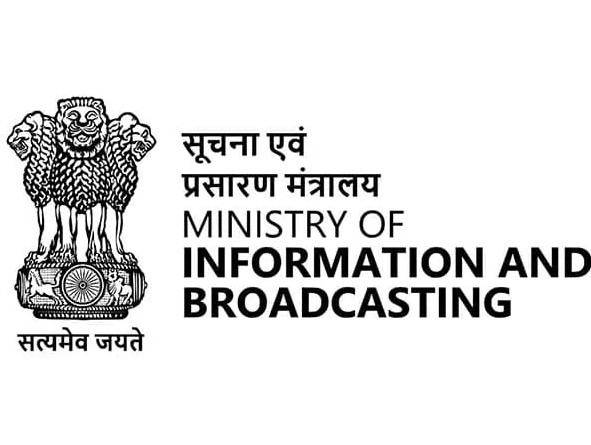
New Delhi: The Ministry of Information and Broadcasting has issued an advisory to all media platforms, urging them to avoid live coverage of defense operations and the movement of security forces. This advisory follows the recent Pahalgam terror attack that resulted in the deaths of 26 individuals.
“In the interest of national security, all media platforms, news agencies, and social media users are urged to act with the highest responsibility and comply with existing laws and regulations when reporting on defense and security matters,” the advisory stated.
It specifically warned against real-time coverage, dissemination of visuals, or reports based on “source-based” information related to defense operations or troop movements. The advisory emphasized that premature disclosure of sensitive information could inadvertently aid hostile elements and jeopardize operational effectiveness and personnel safety.
The document referenced previous incidents, such as the Kargil war, the Mumbai terror attacks (26/11), and the Kandahar hijacking, which demonstrated the risks of unrestricted media coverage on national interests.
It acknowledged the crucial role that media, digital platforms, and individuals play in ensuring national security. “Beyond legal obligations, it is our collective moral responsibility to ensure that our actions do not compromise ongoing operations or the safety of our forces,” the advisory noted.
The Ministry also reminded TV channels of their obligations under Rule 6(1)(p) of the Cable Television Networks (Amendment) Rules, 2021, which prohibits live coverage of anti-terrorist operations, stating that media coverage should be limited to periodic briefings by designated officials until operations conclude.
The advisory concluded by urging all stakeholders to uphold vigilance and responsibility in their reporting, maintaining the highest standards in service of the nation.
In the aftermath of the Pahalgam attack, the government vowed that terrorists responsible and those who conspired with them would face severe consequences. Opposition parties have expressed their full support for government actions against the assailants.
On April 23, the Cabinet Committee on Security (CCS) met to discuss the Pahalgam terrorist attack, which claimed the lives of 25 Indians and one Nepali citizen, with many others injured. The CCS condemned the attack in the strongest terms, extended condolences to the victims’ families, and hoped for a swift recovery for the injured.
During the briefing, it was noted that the attack had cross-border links and occurred following successful elections in the Union Territory and its ongoing economic development. The government has vowed to take measures such as holding the Indus Water Treaty in abeyance as a strong message to Pakistan regarding its support for cross-border terrorism.
